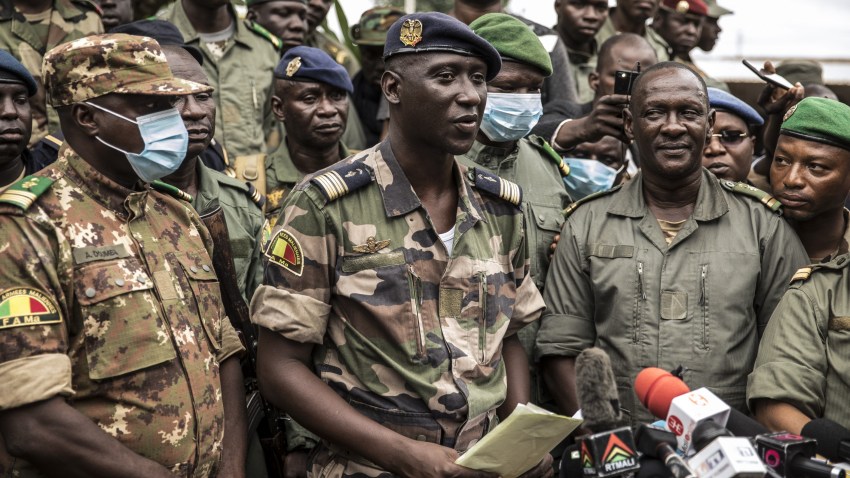When United Nations Secretary-General Antonio Guterres addressed the Security Council in October, he urged it to act against the “epidemic of coup d’etats” plaguing the international community. Guterres’ warning came in the aftermath of a successful coup in Sudan—the fifth in the world that year. Though it’s just started, 2022 has brought even more coup attempts, including a successful one in Burkina Faso on Jan. 23 and a failed one in Guinea-Bissau in early February.
In total, there have been nine military coup attempts since January 2021, of which six—in Myanmar, Sudan, Chad, Guinea, Mali and Burkina Faso—were successful. This recent spree has led some to suggest that, despite waning in the post-Cold War era, “coups are back.” And there is truth to this: Globally, coup attempts, both successful and failed, are at the highest levels seen since 2000.
But other claims about this uptick are less convincing, including Guterres’ reference to the concept of “coup contagion”—that coups, like the common cold, spread. Proponents of this idea point to the fact that several of the recent coups and coup attempts have occurred in the Sahel region of Africa. But this geographic clustering alone is not clear evidence of contagion.

